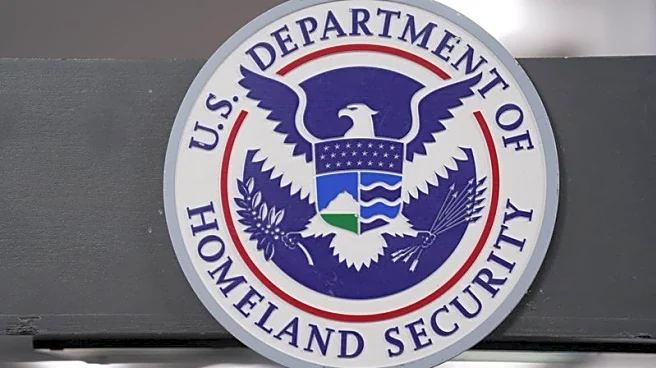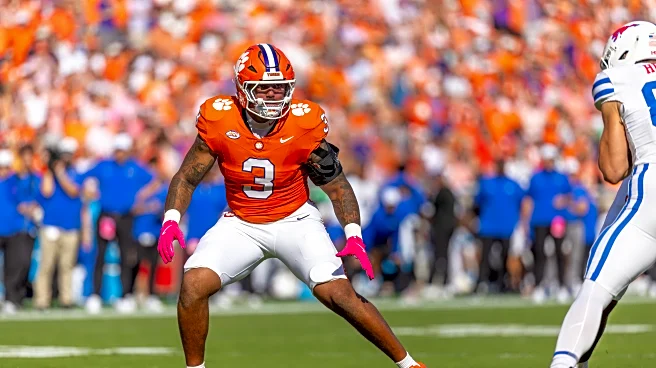What's Happening?
A Reddit post has gone viral, igniting a debate over the 'Gen Z stare' after a passenger recounted an incident during a 15-hour flight from Manila to Paris. The passenger, traveling with his wife, discovered her seat would not recline due to a young man leaning against it. When he asked the man's seatmate to move him, she responded with what he described as the 'Gen Z stare'—a blank, disdainful look associated with younger generations on social media. Despite repeated attempts to resolve the issue, a flight attendant intervened, instructing the passenger to stop leaning on the seat. The incident has sparked discussions about generational behavior, with some commenters suggesting that rudeness is not exclusive to Gen Z.
Why It's Important?
The incident highlights ongoing generational tensions and cultural shifts in social interactions. The 'Gen Z stare,' characterized by nonchalance and skepticism, reflects deeper values of authenticity and individuality among younger generations. This expression, popularized through social media, signifies empowerment and challenges traditional norms. The debate underscores the broader societal impact of generational differences, influencing perceptions and interactions across age groups. Understanding these dynamics is crucial for fostering communication and reducing stereotypes in diverse settings, such as air travel, where different generations frequently interact.
What's Next?
As the debate continues, it may prompt further examination of generational behaviors and their implications in public spaces. Airlines and service providers might consider strategies to address generational differences in customer service, aiming to enhance passenger experiences. Additionally, the discussion could lead to increased awareness and understanding of generational expressions, encouraging more empathetic interactions across age groups. Stakeholders, including social scientists and cultural commentators, may explore the phenomenon further, contributing to broader conversations about generational identity and social norms.
Beyond the Headlines
The 'Gen Z stare' phenomenon raises questions about the role of social media in shaping generational identities and expressions. It reflects a shift towards visual communication, where facial expressions become powerful symbols of belonging and individuality. This trend may influence how younger generations navigate social interactions, emphasizing the importance of visual cues in digital and real-world environments. The incident also highlights the potential for generational stereotypes to impact perceptions, underscoring the need for nuanced understanding and dialogue across age groups.











